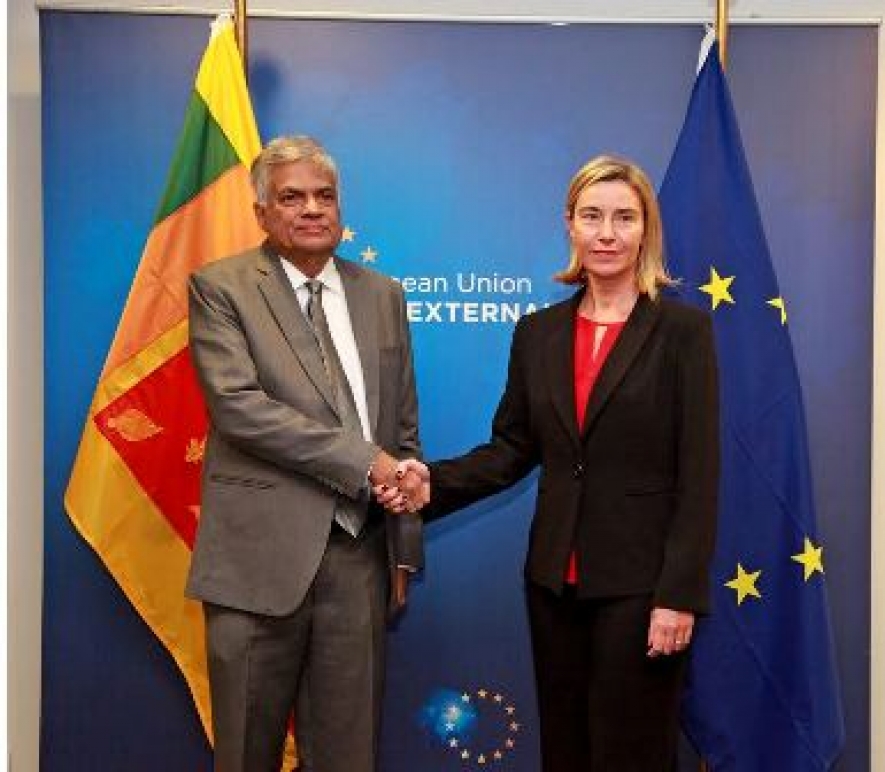Ms Mohgerini and the Sri Lankan PM Ranil Wickremesinghe discussed the process of national reconciliation in the country, highlighting the importance of addressing the underlying causes of the conflict and beginning a process of healing. They also discussed the implementation of last year's UN Human Rights Council Resolution, which was co-sponsored by the Sri Lankan government. The steps taken so far send a clear signal that the Sri Lankan government is committed to move towards genuine reconciliation and accountability: processes which the European Union will continue to support.
The European Union has nearly doubled its development assistance to Sri Lanka to €210 million (approximately 34 billion Sri Lankan Rupees) for the years up to 2020 compared to the previous period (2007-2013). The EU will finance projects across a wide range of areas, including in support of the government's reconciliation priorities under the Peace building Priority Plan, the resettlement of Internally Displaced People, assisting transitional justice and building local government capacity, as well as supporting development in Sri Lanka's poorest areas.
Progress has been made across a number of areas in bilateral EU-Sri Lanka relations, including the resumption of Sri Lankan fish exports to the EU in June this year. The HR/VP welcomed Sri Lanka's GSP+ application, which would give the country preferential access to the European Union's market. The High Representative informed the Prime Minister of the state of play in the ongoing, technical application assessment, while the Prime Minister committed to making additional efforts to implement Sri Lanka's international human rights, labour and environmental commitments, so as to give the highest possible chance for a successful application. Regional issues in South-Asia were also discussed during the meeting.



















